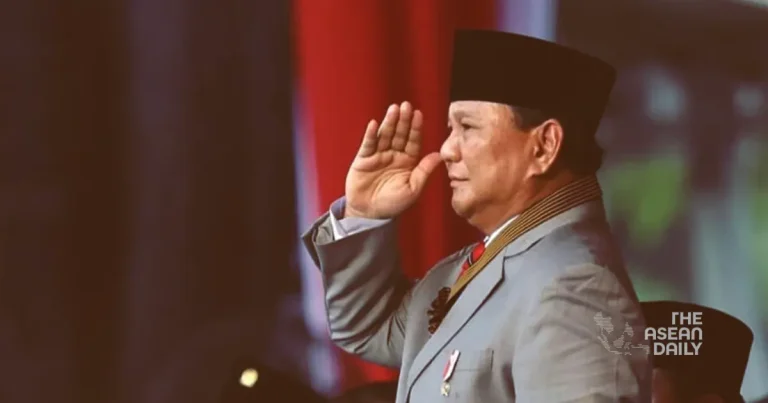17-10-2024 (JAKARTA) Indonesia’s newly elected President, Prabowo Subianto, is set to embark on an ambitious economic transformation plan aimed at propelling Southeast Asia’s largest economy to new heights. The 72-year-old leader, who will take office on 20 October, has outlined a series of bold initiatives designed to achieve an ambitious 8% growth target by his third year in power.
At the heart of Subianto’s economic strategy lies a shift from his predecessor Joko Widodo’s infrastructure-focused approach to a more diverse set of policies centred on attracting foreign investment and boosting tourism. The incoming administration’s plans, revealed in presentation slides shared with The Straits Times, showcase a multifaceted approach to economic rejuvenation.
One of the most striking proposals is the establishment of vast food estates in Papua province, covering an area approximately 30 times the size of Singapore. This massive undertaking aims to transform 22,290 square kilometres of land in the Merauke district into a agricultural powerhouse, cultivating rice, sugar cane, and cassava. Agriculture Minister Andi Amran Sulaiman has already touted the potential of this project, citing impressive yields from pilot schemes.
Another cornerstone of Subianto’s plan is an ambitious free meals programme, targeting 83 million beneficiaries including students, toddlers, and pregnant women. With an estimated annual cost of 400 trillion rupiah (S$34 billion), this initiative aims to combat malnutrition while simultaneously boosting local production of key foodstuffs.
In the energy sector, Subianto’s team is looking to revitalise oil and gas exploration by offering more flexible revenue-sharing terms to attract international investors. This move comes as Indonesia grapples with its status as a net petroleum importer since 2004, producing only 600,000 barrels of crude oil per day against a domestic demand of 1.44 million barrels.
The new administration also plans to build upon Indonesia’s burgeoning role in the global mineral supply chain, particularly in nickel production for batteries and electric vehicles. Subianto aims to expand this sector further by constructing additional refineries for raw minerals such as nickel, tin, and bauxite.
Tourism is another key focus, with plans to develop high-end facilities to attract wealthy visitors. Proposals include improving marinas for yachts, upgrading airports for private jets, and enhancing museums in major cities.
However, economists and analysts have expressed reservations about the feasibility of achieving 8% growth by Subianto’s third year in office. Dr Jahen F. Rezki, an economist at the University of Indonesia, noted that the programmes disclosed thus far do not clearly demonstrate how this ambitious target will be met, particularly in light of slowing consumer spending and tepid foreign investment growth.
Some experts have also voiced concerns about increased government spending, particularly regarding costly campaign promises like the free meals programme. However, proponents argue that such initiatives could stimulate local economies by benefiting farmers, vendors, and small businesses involved in food preparation and distribution.




